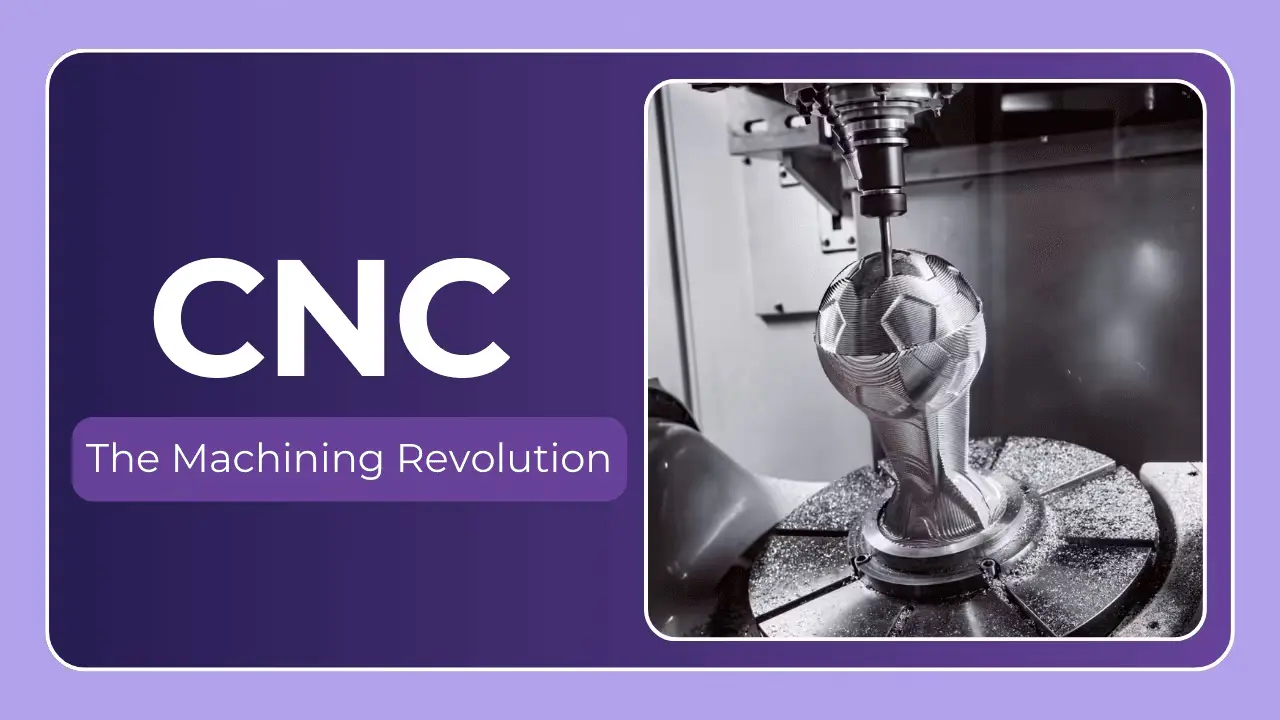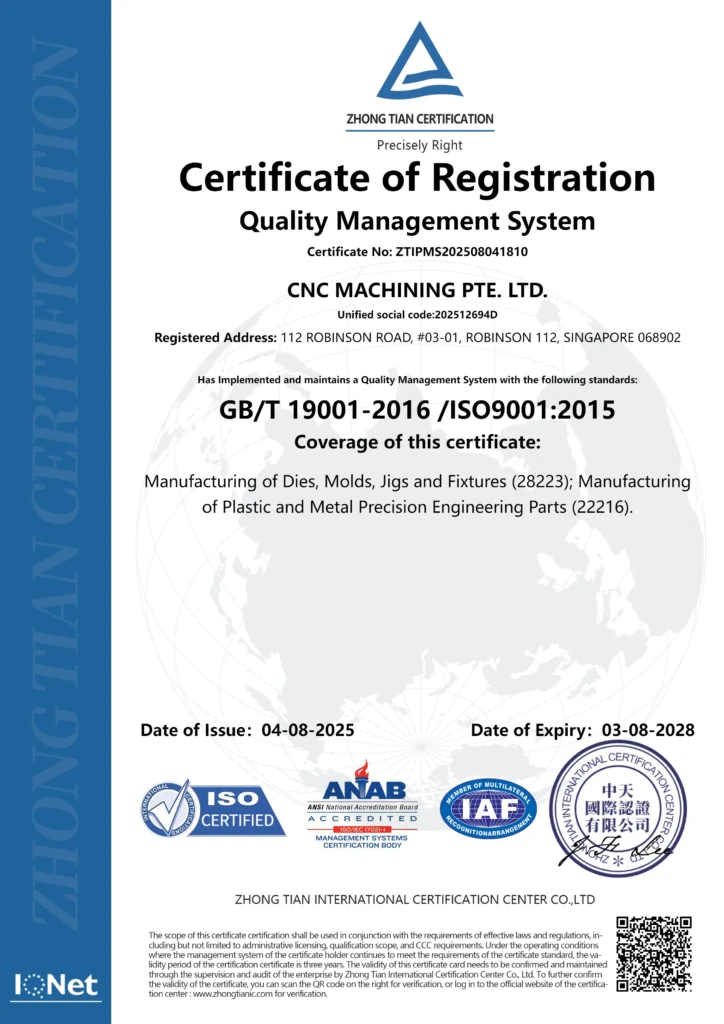Navigating the World of CNC Machining in the UK: A Comprehensive Guide
The UK manufacturing landscape is thriving, and at the heart of much of that innovation lies Computer Numerical Control (CNC) machining. From aerospace components to intricate medical devices, CNC machining is the backbone of precision engineering. But understanding the process, finding the right partner, and navigating the options can be daunting. This guide aims to demystify CNC machining in the UK, covering everything from the basics to advanced techniques, materials, costs, and how to choose the best provider for your needs.
What is CNC Machining? A Quick Overview
Traditional machining relies on a skilled operator manually controlling tools to shape a material. CNC machining, however, automates this process. Designs are created in CAD (Computer-Aided Design) software, then translated into machine instructions (G-code) using CAM (Computer-Aided Manufacturing) software. These instructions tell the CNC machine precisely how to move its cutting tools to remove material and create the desired part.
This automation offers significant advantages:
- Precision: CNC machines consistently produce parts to incredibly tight tolerances, often measured in microns.
- Repeatability: Once programmed, a CNC machine can replicate the same part flawlessly, time after time.
- Complexity: CNC machining can create complex geometries that would be impossible or impractical to achieve manually.
- Efficiency: Automation reduces production time and minimizes material waste.
- Scalability: Easily scale production from prototypes to large-volume runs.
Types of CNC Machining Processes Available in the UK
The UK boasts a diverse range of CNC machining capabilities. Here’s a breakdown of the most common processes:
- CNC Milling: This is arguably the most versatile CNC process. A rotating cutting tool is moved across a stationary workpiece to remove material. Milling machines come in various configurations:
- 3-Axis Milling: Movement in X, Y, and Z axes – ideal for simpler parts.
- 4-Axis Milling: Adds rotational movement around one axis, allowing for machining on multiple sides without repositioning.
- 5-Axis Milling: Offers simultaneous movement across all five axes, enabling the creation of highly complex shapes and undercuts. (Companies like CNC MACHINING PTE. LTD in Singapore specialize in this, and while geographically distant, demonstrate the level of advanced capability available globally, influencing UK standards).
- CNC Turning: The workpiece rotates while a stationary cutting tool removes material. Excellent for creating cylindrical parts. Like milling, turning can be 2-axis, 3-axis, or even multi-axis.
- CNC Drilling: Used to create precise holes in a workpiece. Often integrated with milling and turning operations.
- CNC Routing: Similar to milling, but typically used for softer materials like wood, plastics, and composites.
- CNC Grinding: Uses abrasive wheels to achieve extremely precise finishes and tight tolerances.
- Electrical Discharge Machining (EDM): Uses electrical sparks to erode material, ideal for hard metals and intricate shapes. Wire EDM is particularly useful for cutting complex profiles.
Materials Commonly Machined in the UK
The UK CNC machining industry works with a vast array of materials. Here’s a selection:
| Material | Common Applications | Typical CNC Processes | Considerations |
|---|---|---|---|
| Aluminum Alloys | Aerospace, Automotive, Electronics | Milling, Turning, Drilling | Lightweight, good strength-to-weight ratio, easy to machine |
| Stainless Steel | Medical, Food Processing, Marine | Milling, Turning, Grinding | Corrosion resistant, strong, can be more challenging to machine |
| Carbon Steel | Automotive, Construction, General Engineering | Milling, Turning, Drilling | High strength, relatively inexpensive, prone to corrosion |
| Titanium Alloys | Aerospace, Medical Implants, High-Performance Automotive | Milling, Turning, EDM | Exceptional strength-to-weight ratio, biocompatible, difficult to machine |
| Plastics (ABS, Delrin, Nylon) | Consumer Products, Automotive, Electronics | Milling, Turning, Routing | Lightweight, versatile, lower cost |
| Brass & Copper | Electrical Components, Plumbing, Decorative Items | Milling, Turning | Good conductivity, machinable, corrosion resistant |
| Engineering Plastics (PEEK, PTFE) | Aerospace, Medical, Chemical Processing | Milling, Turning | High temperature resistance, chemical resistance, low friction |
Factors Affecting CNC Machining Costs in the UK
Understanding the cost drivers is crucial for budgeting. Key factors include:
- Material Cost: The price of the raw material significantly impacts the overall cost.
- Part Complexity: More complex designs require more machining time and potentially more setups.
- Machining Time: Longer machining times translate to higher labor and machine costs.
- Quantity: Larger production runs typically benefit from economies of scale.
- Tolerances: Tighter tolerances require more precise machines and skilled operators, increasing costs.
- Material Removal: The amount of material that needs to be removed.
- Programming & Setup Costs: Initial programming and setup fees can be significant, especially for complex parts.
- Finishing & Post-Processing: Additional processes like anodizing, plating, or heat treatment add to the cost.
- Location of the Supplier: Labour costs and overheads vary across the UK.
Choosing the Right CNC Machining Partner in the UK
Selecting the right partner is paramount. Consider these factors:
- Capabilities: Does the supplier have the equipment and expertise to handle your specific requirements (material, complexity, quantity)?
- Quality Control: What quality control procedures are in place to ensure parts meet your specifications? Look for ISO 9001 certification.
- Turnaround Time: Can the supplier meet your deadlines?
- Communication: Is the supplier responsive and communicative?
- Pricing: Obtain quotes from multiple suppliers and compare them carefully. Don’t solely focus on price; consider the overall value.
- Experience: Does the supplier have experience in your industry?
- Capacity: Can they handle future growth in your demand?
- Certifications: Relevant certifications (e.g., AS9100 for aerospace) demonstrate commitment to quality and industry standards.
The Future of CNC Machining in the UK
The UK CNC machining industry is constantly evolving. Key trends include:
- Increased Automation: Robotics and automated loading/unloading systems are becoming more prevalent.
- Additive Manufacturing Integration: Combining CNC machining with 3D printing (additive manufacturing) to create hybrid parts.
- Digital Twin Technology: Using virtual models to simulate machining processes and optimize performance.
- Advanced Materials: Machining increasingly complex and exotic materials.
- AI-Powered Machining: Utilizing artificial intelligence to optimize cutting parameters and predict tool wear.
- Sustainability: Focus on reducing waste and energy consumption.
Conclusion
CNC machining is a critical component of the UK manufacturing sector, offering unparalleled precision, efficiency, and versatility. Whether you’re a small startup or a large corporation, understanding the process, materials, costs, and how to choose the right partner is essential for success. By carefully considering your requirements and partnering with a reputable CNC machining provider, you can unlock the full potential of this powerful technology and bring your innovative ideas to life. The UK industry, while competitive, offers a wealth of expertise and capability, ensuring that even the most demanding projects can be successfully completed. Don’t hesitate to explore the options and invest in a partnership that will drive your business forward.




